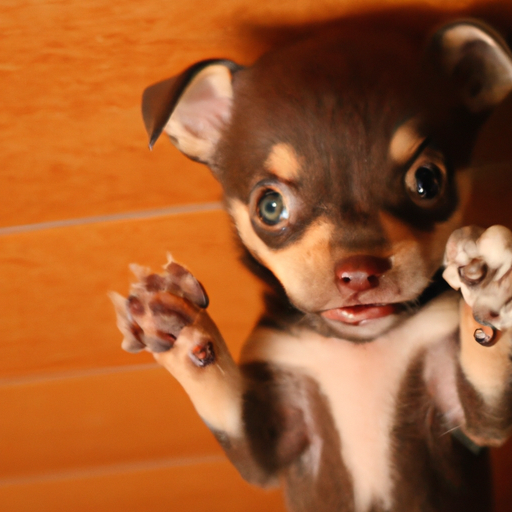As a dedicated and passionate caregiver, you have probably watched your little friend grow rapidly in a few short months. Just like human babies, puppies also go through a teething phase. But are puppies supposed to lose teeth? Yes, they are. This process is a normal part of their development, and the process is quite similar to that of human children.
Understanding Puppy Teething
Puppy teething is a necessary stage that every dog goes through. It begins when they are about four months old and lasts until they are around six months old. During this time, you might notice your puppy chewing more than usual. This is because the teething process can cause their gums to be itchy or even painful.
- Baby Teeth: Puppies are born without teeth. Their baby teeth, also called deciduous teeth, start coming in when they are about three weeks old.
- Adult Teeth: When your puppy is about four months old, these baby teeth will start falling out to make room for their permanent, adult teeth.
Recognizing the Signs of Puppy Teething
Recognizing the signs of teething can help you provide the best possible care for your furry friend. Here are some signs to look out for:
- Chewing on Everything
- Drooling and Dripping
- Missing Teeth
- Bleeding or Swollen Gums
- Changes in Eating or Drinking
If you notice these signs, don’t panic. They are usually not a cause for concern. However, if your puppy seems excessively uncomfortable or these symptoms persist, it’s a good idea to consult with your vet.
How to Soothe a Teething Puppy
Teething can be tough for your puppy, but there are ways you can help them get through it. Here are some tips:
- Chew Toys: Provide your puppy with plenty of chew toys. This will not only soothe their sore gums but also keep them from chewing on your furniture or shoes.
- Frozen Treats: Frozen carrot sticks or ice cubes can provide relief for a teething puppy’s sore gums.
- Puppy Teething Gels: These are available at your local pet store and can help to numb the pain.
What Not to Do
When it comes to puppy teething, there are also some things you should not do.
- Don’t Pull Loose Teeth: If you see a loose tooth, resist the urge to pull it. This could cause unnecessary pain or damage.
- Don’t Ignore Excessive Discomfort: If your puppy seems extremely uncomfortable or distressed, don’t brush it off. Consult with your vet.
Good Oral Hygiene for Puppies
Even after your puppy has got their adult teeth, it’s important to maintain good oral hygiene. Brush your puppy’s teeth regularly and provide them with dental chews to help prevent plaque and tartar build-up.
When to Consult a Vet
While puppy teething is a normal process, there are some situations when you should consult a vet. If your puppy is not eating, seems extremely distressed, or if their gums are excessively bleeding, you should seek professional help.
Frequently Asked Questions
Q: When do puppies start losing their baby teeth?
A: Puppies start losing their baby teeth when they are about four months old.
Q: How long does the teething process last?
A: The teething process typically lasts until the puppy is around six months old.
Q: Can I pull my puppy’s loose tooth?
A: No, you should not pull a puppy’s loose tooth as it could cause unnecessary pain or damage.
Q: What can I do to soothe my teething puppy?
A: Provide them with chew toys, offer them frozen treats, or use a puppy teething gel to help soothe their sore gums.
Remember, while the teething phase may be a challenging time for both you and your puppy, it’s a completely normal part of their development. With your loving care and a little patience, your puppy will soon have a full set of adult teeth.



